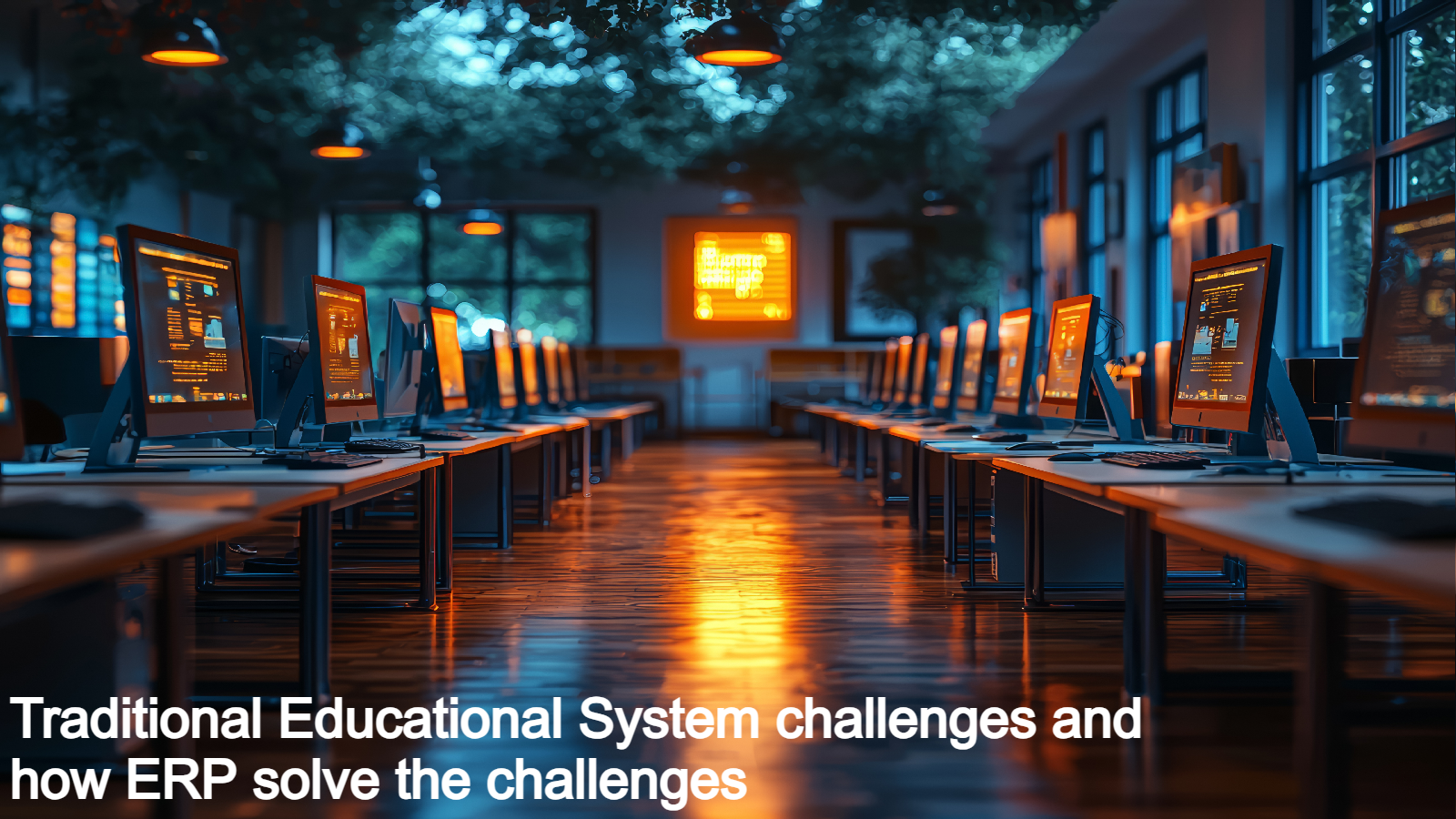Introduction
In today’s rapidly evolving education landscape, higher education institutions (HEIs) must adopt innovative solutions to stay ahead. Enterprise Resource Planning (ERP) software plays a crucial role in streamlining operations, improving student engagement, and ensuring data-driven decision-making. This blog explores how ERP helps colleges and universities remain competitive in an increasingly digital world.
- Enhancing Operational Efficiency
- Student Enrollment and Admissions: Automating the application process ensures faster and more accurate student onboarding.
- Course and Curriculum Management: Centralized systems help faculty and administrators plan and modify courses seamlessly.
- Attendance and Exam Management: Digitizing attendance tracking and examination scheduling enhances academic operations.
- Improving Student Experience and Engagement
A Student Information System (SIS) integrated within an ERP provides a personalized experience for students. Key benefits include:- Self-Service Portals: Students can access grades, schedules, and financial information with ease.
- Automated Communication: ERP software enables notifications and alerts for deadlines, assignments, and fees.
- LMS Integration: A Learning Management System (LMS) within ERP allows seamless online learning and assessment tracking.
- Data-Driven Decision Making
With an ERP system, institutions can leverage Business Intelligence (BI) and Analytics to make informed decisions. Some advantages include:- Predictive Analytics for Student Performance: Identifying at-risk students and offering timely interventions.
- Resource Optimization: Efficient allocation of faculty, classrooms, and financial resources.
- Accurate Financial Planning: Real-time reports on tuition fees, grants, and operational costs enhance financial sustainability.
- Ensuring Compliance and Data Security
Educational institutions must comply with education regulations and data privacy laws. ERP solutions ensure:- Automated Compliance Tracking: Stay updated with government policies and accreditation requirements.
- Data Security and Backup: Cloud-based ERP systems offer encrypted storage and disaster recovery options.
- User Access Controls: Role-based permissions ensure sensitive data is accessible only to authorized personnel.
- Seamless Integration with Other Systems
A robust ERP solution integrates with various third-party applications such as:- CRM for Student Recruitment: Enhance marketing efforts and lead nurturing for prospective students.
- HR and Payroll Management: Streamline faculty and staff payroll processing.
- Library and Research Management: Improve access to digital and physical learning resources.
- Scalability and Future-Readiness
As institutions expand, ERP systems support growth by:- Cloud-Based Accessibility: Enable remote management of academic and administrative tasks.
- Customization & Modular Solutions: Institutions can scale ERP modules as per evolving needs.
- AI and Automation: Future-ready ERP software incorporates Artificial Intelligence (AI) and Machine Learning (ML) for enhanced automation and analytics.
Conclusion
Higher education institutions that adopt ERP solutions gain a competitive edge by improving operational efficiency, enhancing student engagement, and leveraging data-driven insights. By integrating various academic and administrative functions, ERP systems enable HEIs to focus on their core mission—delivering high-quality education.
Stay Ahead with Elvis ERP
Elvis ERP offers an all-in-one education management solution tailored for higher education institutions. With advanced features like student lifecycle management, real-time analytics, and cloud-based operations, Elvis ERP empowers institutions to navigate the digital transformation seamlessly.
Contact us today to learn how Elvis ERP can revolutionize your institution!
Written by

Jintu Cherian
Team Lead – Lead Generation








